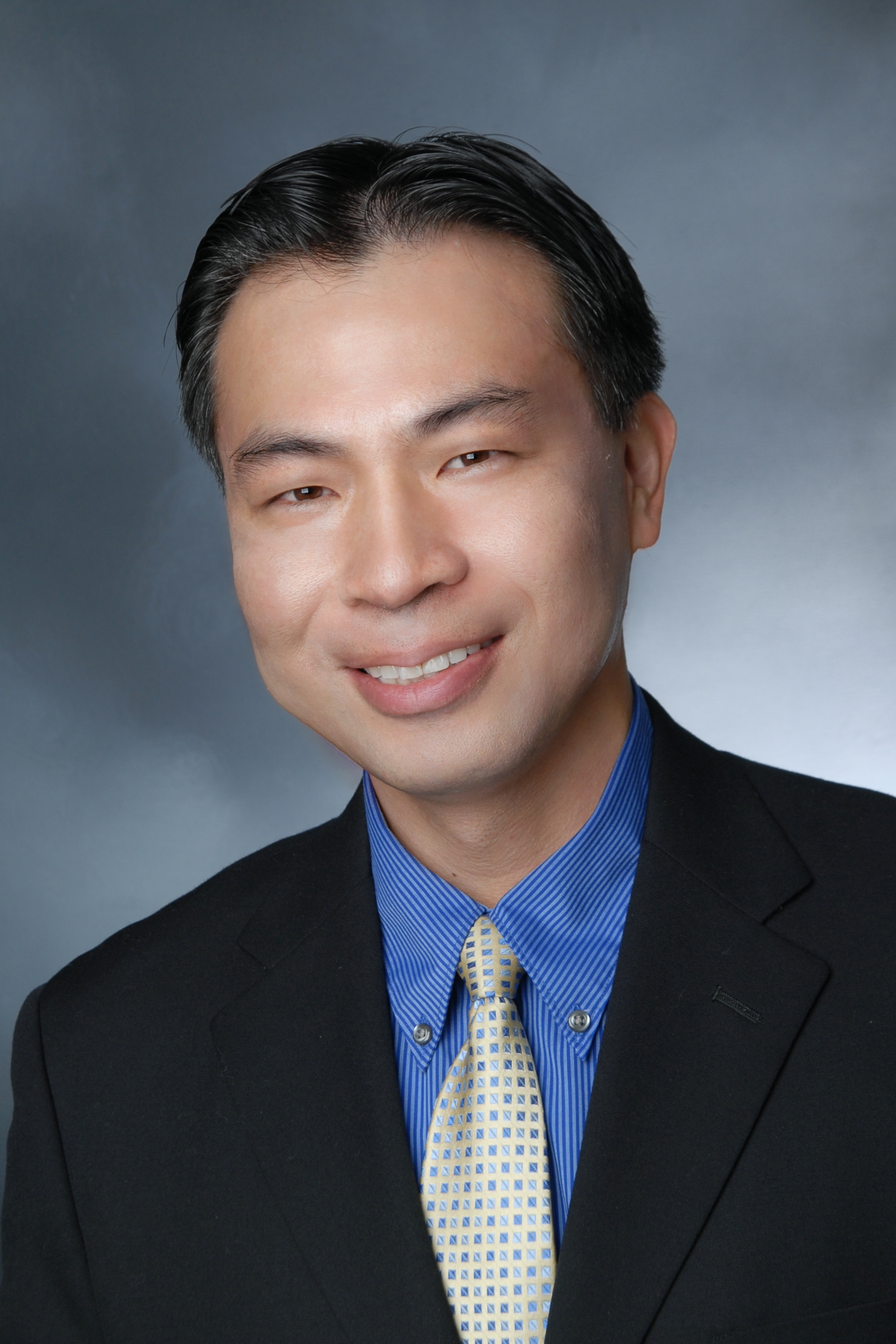Y. Tony Yang, Sc.D., LL.M., M.P.H., Endowed Professor in Health Policy at the George
Washington University School of Nursing, has been awarded a $2 million CDC-DC Health grant
to tackle one of the most critical public health challenges in Washington, D.C.: vaccinating hard-
to-reach populations against COVID-19. The two-year grant (2023-2025), funded in two $1
million installments, is designed to improve vaccination access and uptake in vulnerable
communities facing social and structural barriers. Following a successful first year in 2023, the
project was granted an additional $1 million to continue its efforts into 2024.
Identifying Challenges
The project’s mission is to address a variety of obstacles preventing certain populations from
receiving vaccinations. These challenges include poverty, limited healthcare access, and deep-
rooted mistrust of the medical system—factors that disproportionately affect newly arrived
immigrants, undocumented residents, and racial and ethnic minority groups. Language and
cultural differences further complicate the effective communication of vaccine information.
Moreover, vaccine hesitancy continues to be prevalent among vulnerable groups, including
those experiencing homelessness.
Dr. Yang's team employs a multi-faceted approach to overcome these barriers. "We’re
implementing targeted outreach efforts, culturally sensitive messaging, and mobile clinics to
provide vaccines to home-bound individuals," Dr. Yang explained. "Our partnerships with local
organizations that are already trusted in these communities are key to our success."
Phased Implementation and Strategic Focus
The $2 million grant is being distributed across several phases. In the first three months, the
project concentrated on building capacity among community partners, expanding data sources
to track engagement, and developing culturally and linguistically appropriate toolkits. The
second phase, spanning months seven to nine, aimed to reach 25,000 individuals, ensuring that
at least 10% were up to date with their COVID-19 vaccinations. The third phase, currently
underway, continues to expand these efforts throughout the remaining grant period, extending
through mid-2025.
During each phase, the project emphasizes improving vaccination rates in both community
settings and healthcare sites. Pop-up clinics, mobile vaccination units, and tailored messaging
are being deployed in neighborhoods with historically low vaccination rates, ensuring that
individuals who might otherwise miss out on crucial care have access to vaccinations.
Community-Centered Approach
A core element of the initiative is the close collaboration with local organizations and
community leaders. The project has partnered with nine community organizations that lead
outreach efforts, host vaccination events, and provide logistical support, including scheduling
and transportation. By leveraging these organizations’ established relationships, the initiative
ensures that the target populations trust and respond to the outreach efforts.
“These community events take place in accessible, familiar locations—churches, barbershops,
senior centers, and even homes,” said Dr. Yang. “Local leaders also provide essential language
and cultural support, breaking down the communication barriers that have previously hindered
vaccine adoption.”
Measuring Success and Long-Term Goals
The success of Dr. Yang’s project is measured using both quantitative and qualitative data.
Vaccination data are disaggregated by race and ethnicity to assess the initiative's effectiveness
in reducing health disparities. Community feedback is gathered to identify persistent barriers to
vaccination and inform any necessary adjustments.
By the conclusion of the grant period, the project aims to have fully vaccinated at least 2,500
hard-to-reach individuals. More broadly, the initiative seeks to reduce COVID-19 transmission,
decrease morbidity and mortality, and narrow health disparities in vaccine access. “We hope
the model developed during this project will provide a sustainable approach to addressing
future public health challenges in Washington, D.C., and beyond,” said Dr. Yang. “This grant
serves not only as a critical intervention in the ongoing fight against COVID-19, but also as a
demonstration of the power of community-based approaches in solving complex health equity
issues.”
Student Involvement
An additional component of the project involves the participation of GW Nursing ABSN
students. In Spring 2024, ABSN students contributed to the initiative for 10 weeks, each
completing 45 hours of clinical work in Washington, D.C., directly supporting vaccination efforts.
This collaboration will continue in Spring 2025, providing valuable clinical experience to the
students while enhancing the project’s impact in the community.


